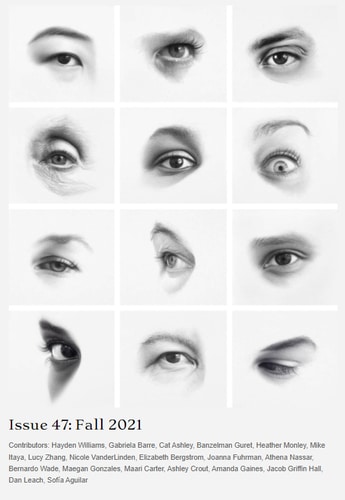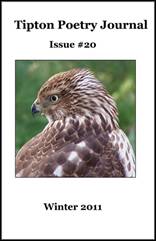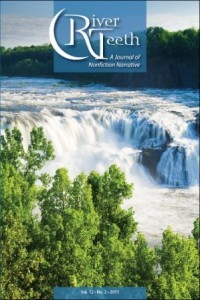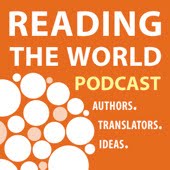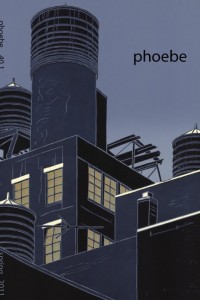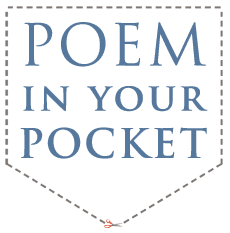From organizer Michael Rothenberg:
100 THOUSAND POETS for CHANGE
“What kind of CHANGE are we talking about?”
The first order of change is for poets, writers, artists, anybody, to actually get together to create and perform, educate and demonstrate, simultaneously, with other communities around the world. This will change how we see our local community and the global community. We have all become incredibly alienated in recent years. We hardly know our neighbors down the street let alone our creative allies who live and share our concerns in other countries. We need to feel this kind of global solidarity. I think it will be empowering.
And of course there is the political/social change that many of us are talking about these days. There is trouble in the world. Wars, ecocide, the lack of affordable medical care, racism, the list goes on.
It appears that transformation towards a more sustainable world is a major concern and could be a global guiding principle for this event. Peace also seems to be a common cause. War is not sustainable. There is an increasing sense that we need to move forward and stop moving backwards. But I am trying not to be dogmatic. I am hoping that together we can develop our ideas of the “change/transformation” we are looking for as a group, and that each community group will decide their own specific area of focus for change for their particular event.
“I want to organize in my area. How do we begin to organize?”
100 Thousand Poets for Change will organize “participants” by local region, city, or state, and find individuals in each area who would like to organize their local event. Just let me know if you want to be an organizer by sending a message to me directly through Facebook, or to my e-mail: walterblue@bigbridge.org.
If you are an organizer for your community this means that first you will consider a location for the event and begin to contact people in your area who want to participate in the event. Participation means contacting the media, posting the event on the web, in calendars, newspapers, etc., reading poems, performing in general, supplying cupcakes and beer (it’s up to you), demonstrating, putting up an information table, inviting guest speakers, musicians, etc., organizing an art exhibit, and documenting the event (this is important, too), and cleaning up, of course.
Organizers and participants will create their own local event as an expression of who they are locally. Do they want a candlelight vigil or a circus, a march or a dance, do they want absolute silence, a group meditation on a main street; it’s up to the local organization. However, groups should be sure to hold some part of the event, if not all of it, outdoors, in public view. The point is to be seen and heard, not just stay behind closed walls. It is also important that the event be documented. Photos, videos, poems, journals, paintings! Documentation is crucial. The rest of the 100 Thousand Poets for Change want to hear what you have to say about change and enjoy your creativity too! The documentation will be shared through a blog/website that I will set up, a blog/website where groups can share and announce event information, as well as post photos, videos, poetry, art, and thoughts. But an event doesn’t have to involve tons of people. It can be just you (the organizer) and your pet, on a street corner, with a sign. Just let me know what you are planning! Every effort counts!
Each local organization determines what it wants to focus on, something broad like, peace, sustainability, justice, equality, or more specific causes like Health Care, or Freedom of Speech, or local environmental or social concerns that need attention in your particular area right now, etc. Organizations will then come up with a mission statement/manifesto that describes who they are and what they think and care about. When the whole event has taken place all the mission statements can be collected from around the world and, I hope, worked together into a grand statement of 100 Thousand Poets for Change.


